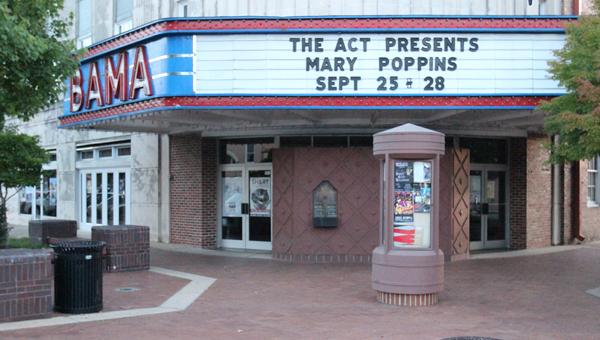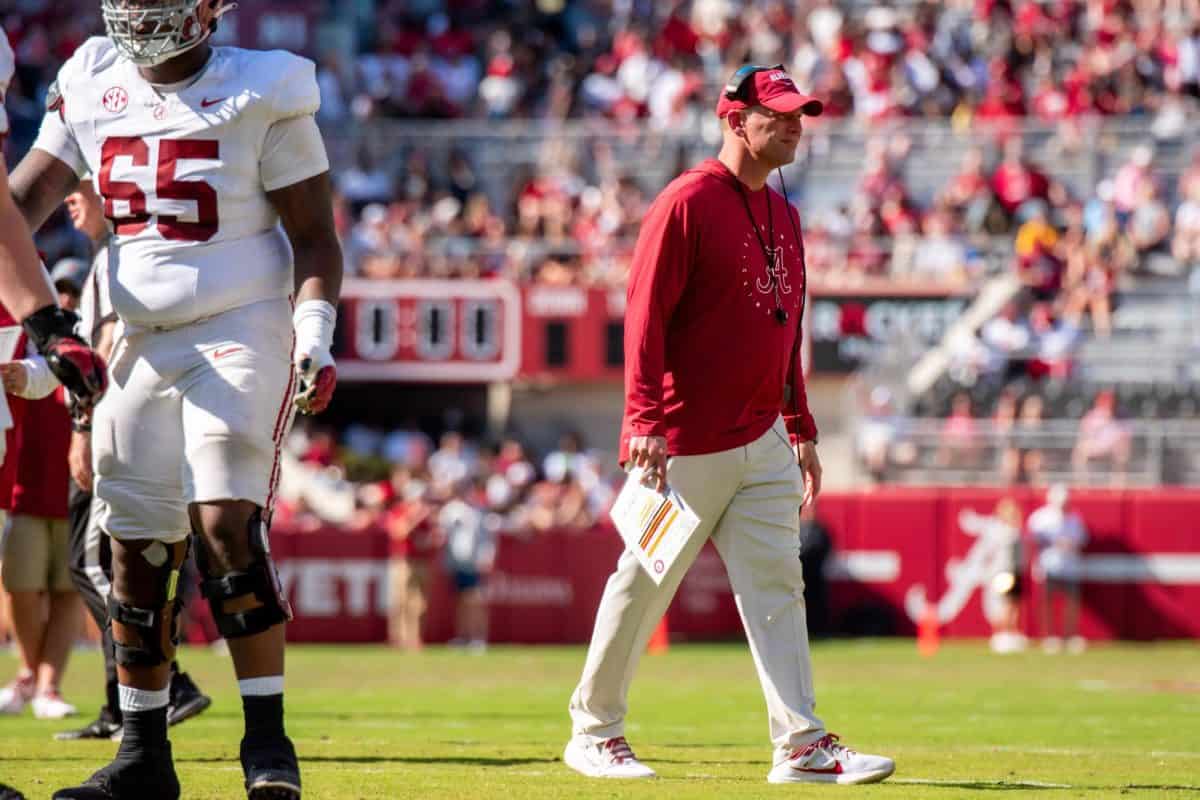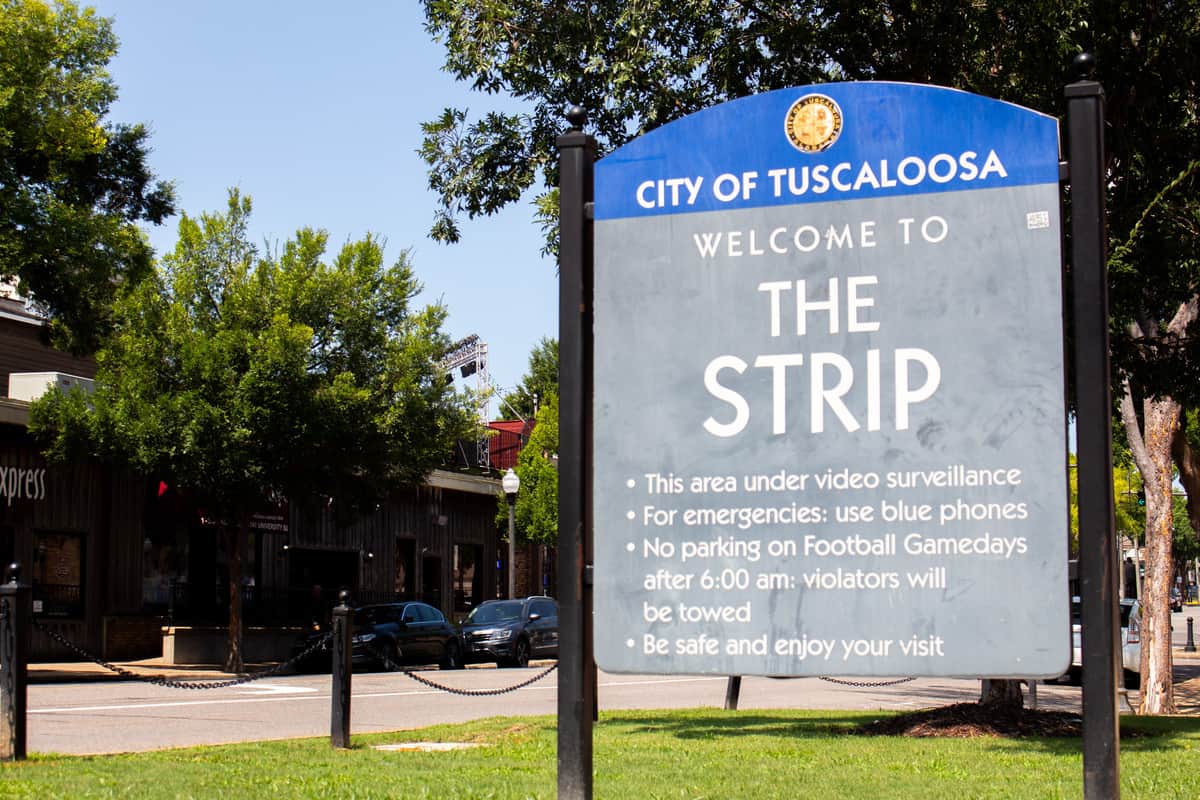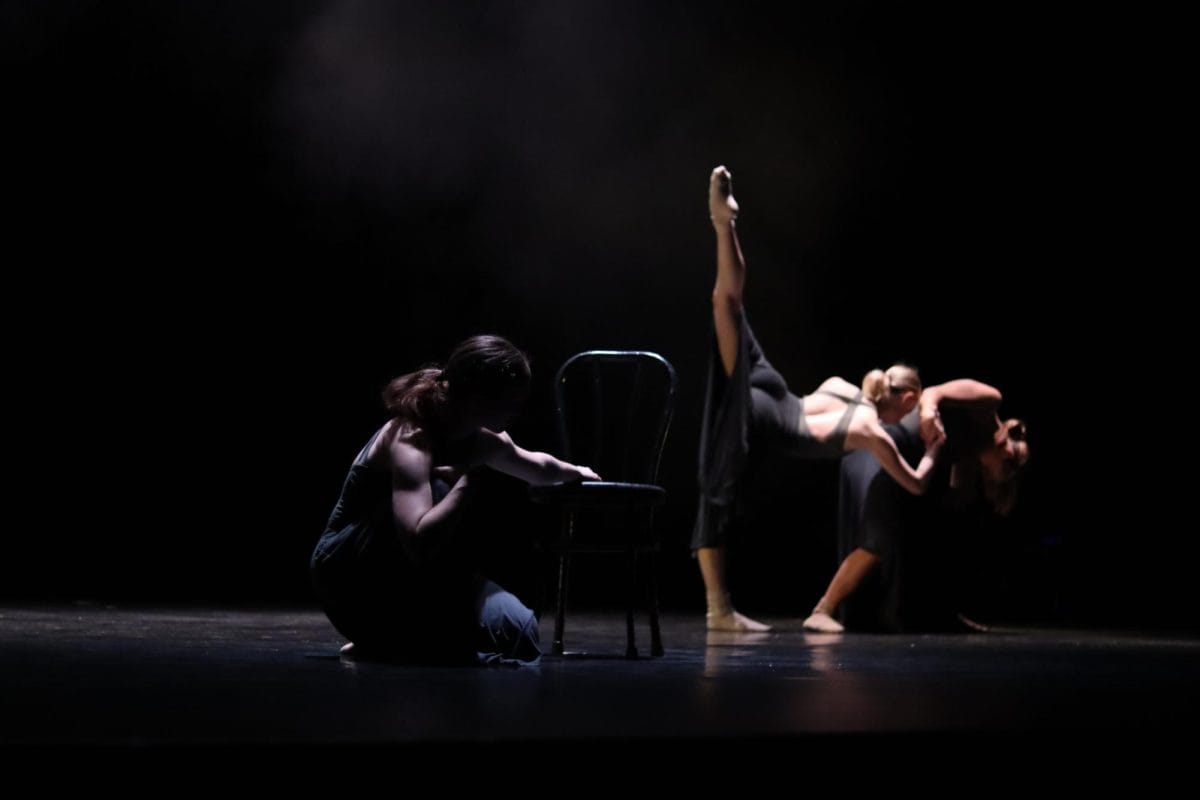It’s hard to think of a more charming place in Tuscaloosa than the Bama Theatre. The facade of the building lights up all of downtown when a show or movie is playing. Posters in the interior reminisce about great acts and films that have graced the venue, and the auditorium itself, with its balcony and hand painted murals, recall a time when movie theatres weren’t designed to look sleek and generic.
The Bama Theatre has the status of a landmark in Tuscaloosa, and, because of the venue’s commitment to cinema, music and theatre, it’s an essential part of the town’s culture.
“I think the theatre contributes greatly to the community through our film series, and I think it contributes to the revitalization of downtown,” said Kevin Ledgewood, publicity director for the Bama Arts Council. “Like I said, it’s many things to many people. There’s something going on here all the time.”
The film series Ledgewood mentions is the Bama Art House, a lineup of independent movies, art films and documentaries. A new slate of movies runs three times yearly, during the spring, summer and fall. The Bama Art House shows films as one-night-only events, to boost interest in challenging or idiosyncratic cinema that people might not normally watch.
“We’ve got a faithful group of people who show up for everything,” said David Allgood, the manager of the Bama Theatre.
In the past, the Bama Theatre has screened critically-acclaimed features like Zach Braff’s “Garden State,” Wes Anderson’s “Moonrise Kingdom” and Woody Allen’s “Blue Jasmine.”
But the Bama is also a full-fledged concert venue and a great deal of talent has performed there, including The Police, The Drive-By Truckers and Ryan Adams. In addition, several local theatre and dance troupes use the Bama as a stage for comedy and drama.
“I think it’s pretty much the premier performing arts venue in the county,” said David H. Jones, an Arts Council member who does sound and lighting for the Bama. “The University has several theatres that are probably more up to date, but they aren’t near as state of the art in terms of technical capabilities.”
The venue’s commitment to the arts also extends to the visual realm. The Junior League Gallery on the building’s second floor hosts a variety of exhibits from West Alabama artists, as well as art awards and competitions throughout the year.
The Bama Theatre has a bar that serves wine and draft beer, including a variety of local brews. No other movie house in the area serves alcohol.
The Bama Theatre was built in 1938 as a combination city hall, auditorium and cinema. The project was launched by President Roosevelt’s Public Works Administration, a program designed to put people back to work after the Great Depression.
When the theatre opened, it became a popular location in town because it was the only public building in Tuscaloosa with air conditioning. The fledgling theatre’s schedule leaned mostly toward movies at first, as film was just beginning to become a cultural phenomenon thanks to features like “Gone with the Wind” and “The Wizard of Oz.”
The Bama continued operations for the next few decades, but in the 1970s, it began to face difficulties. The venue was almost sold and purchased by a Bible College, until a group of concerned citizens organized to save the local landmark. The Arts and Humanities Council of Tuscaloosa has its origins in this effort, and they still run the Bama Theatre today.
What would have happened if the Bama had been bought out? Kevin Ledgewood believes we would live in a very different Tuscaloosa.
“With the Bible College, that would have just catered to a certain demographic, whereas, with a theatre, as an entertainment venue, as an arts venue, we try to reach all ages and, you know, we have different types of programming,” he said. “I think it would have changed the face of downtown quite a bit, to be perfectly honest with you.”
Luckily, the Bama Theatre was saved. The venue has been open for 76 years, meaning that the theatre has been part of the lives of three generations of Tuscaloosa residents.
“I think it just holds a lot of fond memories for a lot of people in this community,” Jones said. “Hopefully, we’re making more memories for the younger generation.”







